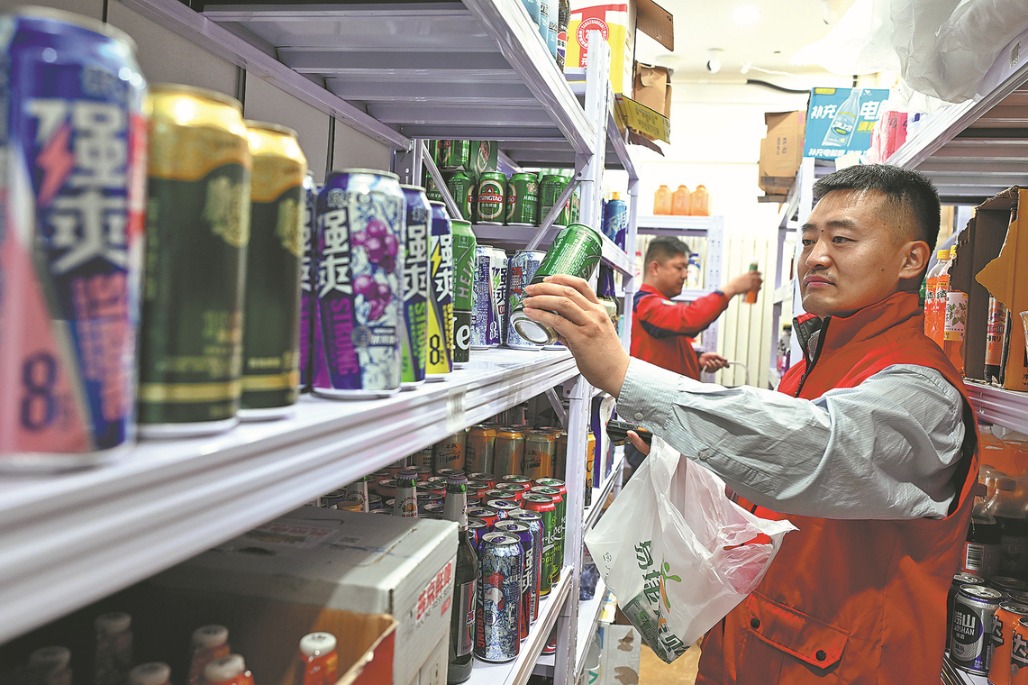COVID fight to help stabilize trade growth






Containment steps seen mitigating impact of RMB fluctuations on biz
China's dynamic zero-COVID policy will help put the growth of its foreign trade on a firmer footing and mitigate the impact of fluctuations in the Chinese renminbi exchange rate against the greenback on business this year, experts and business leaders said on Monday.
They made the comments after the Shanghai municipal government announced last week that more than 4,400 industrial enterprises of the designated size of annual revenue of 20 million yuan ($2.95 million) and above have resumed operations and that the city will gradually resume commercial business from Monday.
The dynamic zero-COVID policy, which sets a number of epidemic control targets and guidelines, is providing a stable direction for enterprises in terms of planning, investing resources and adjusting growth goals, said Zhou Mi, a senior researcher at the Chinese Academy of International Trade and Economic Cooperation in Beijing.
Besides, the nation has been improving its dynamic zero-COVID policy by adopting more effective measures, to better coordinate epidemic control steps and development policies, he said.
State-owned Shanghai Zhenhua Port Machinery Co, or ZPMC, one of the world's biggest port machinery manufacturers by market share, said that its Changxing manufacturing base in Shanghai's Chongming district has delivered 52 units of cranes and other giant-sized port machinery to its clients across the worlds in the first four months of this year.
Zhou Yafen, deputy general manager of Zhenhua Port Machinery's Changxing branch, said the dynamic zero-COVID policy has made it possible for factories in China to consistently churn out products needed by many other countries, ensuring the stability of international supply and industrial chains.
The executive said both manufacturing businesses' production capacity and export volume in China's Yangtze River Delta region will rebound when Shanghai fully eases COVID-19 restrictions in the future, as it would be easier for businesses to gather sufficient production materials from other parts of the country and the world.
































